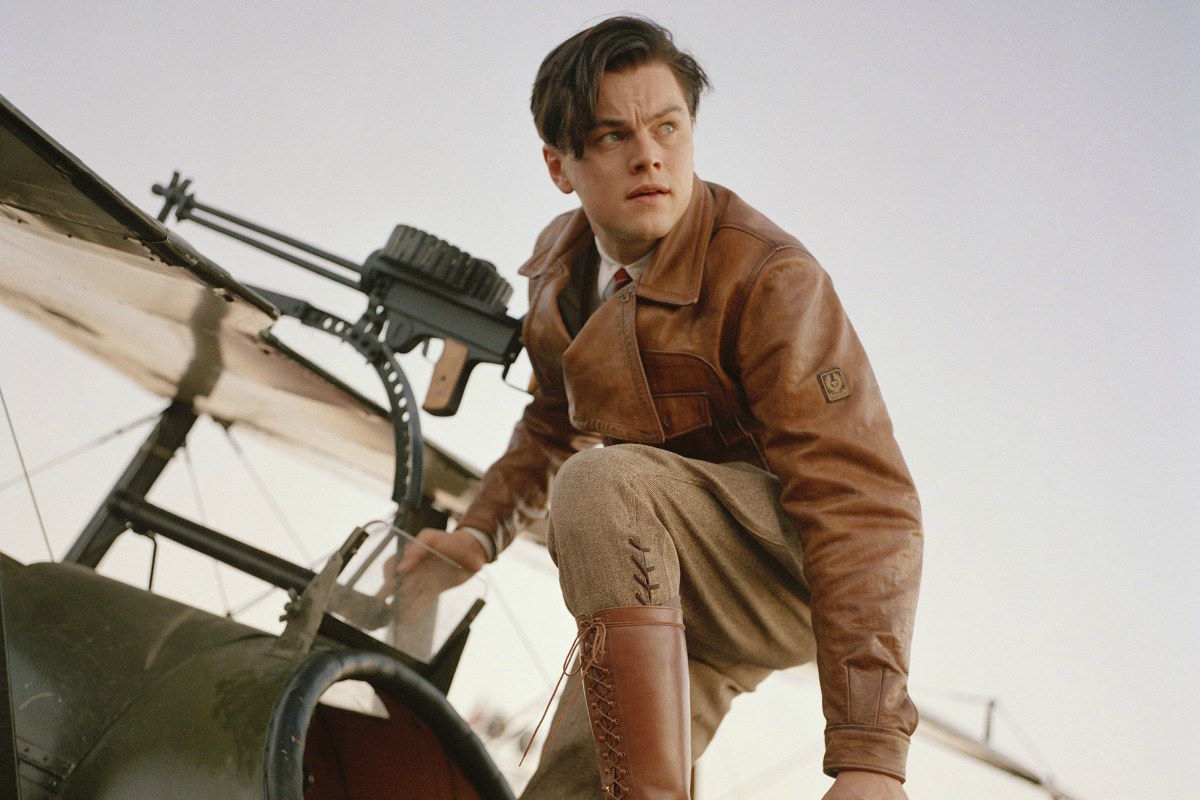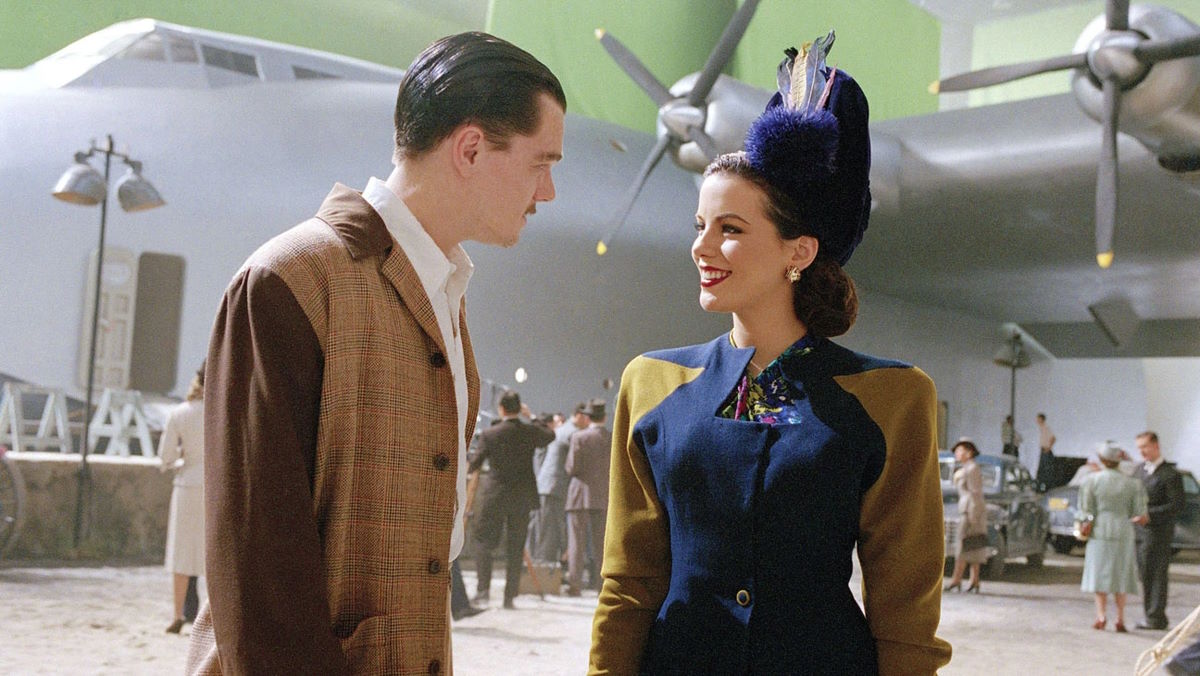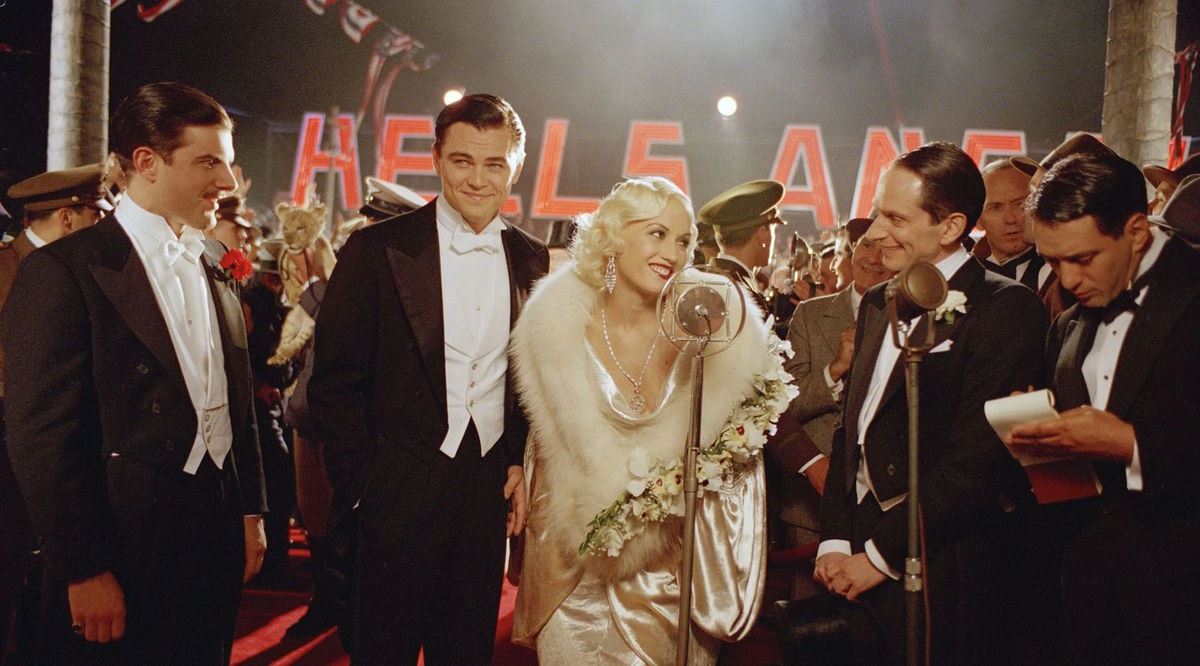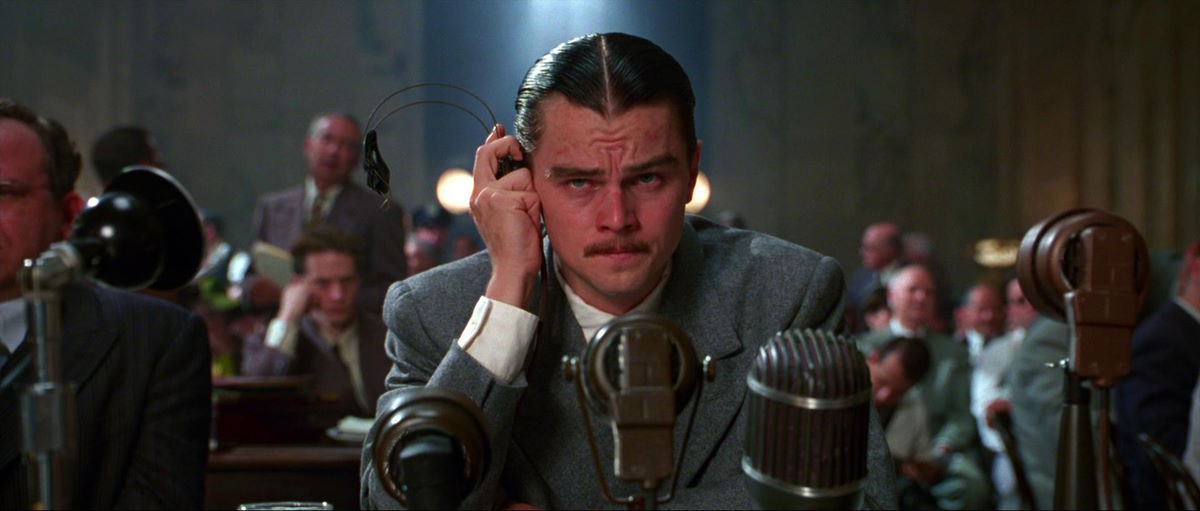“The Aviator” is a biopic film directed by Martin Scorsese, released in 2004. It tells the story of the personal and professional growth of Howard Hughes, one of the most important figures in aviation and film industries during the mid-20th century. The film is a testament to the remarkable life of Hughes, as well as the talents of Scorsese and lead actor Leonardo DiCaprio.

Howard Hughes’s Early Life and Career
The film begins by showing Hughes’s early life and entrepreneurial ventures. Born into a wealthy family, Hughes had the resources to pursue his interests in aviation and film from an early age. He produced and directed his first film at the age of 21 and later founded Hughes Aircraft Company to design and manufacture airplanes. He quickly became a pioneer in aviation, setting world records for speed and distance in planes he designed and piloted himself.

Hughes’s Personal Life and Struggles
“The Aviator” also explores Hughes’s personal life, including his relationships with women and his battles with mental illness. Hughes was known for his romances with some of the most beautiful and talented women of his time, including Katharine Hepburn and Ava Gardner. However, he also struggled with obsessive-compulsive disorder and other mental health issues, which had a significant impact on his personal and professional life.

Howard Hughes’s Business Successes and Challenges
Despite his personal struggles, Hughes was a remarkably successful businessman. He played a significant role in developing the aviation industry, including creating Trans World Airlines (TWA) and pushing the boundaries of airplane technology. He also made a name for himself in Hollywood, producing films such as “Hell’s Angels” and “The Outlaw.” However, his business endeavors were not without challenges. He faced numerous government investigations and lawsuits, which took a toll on his mental and physical health.

“The Aviator” and Its Portrayal of Howard Hughes
“The Aviator” is a remarkable film that effectively portrays Hughes’s life and career. DiCaprio delivers a captivating performance as Hughes, capturing both his brilliance and his struggles with mental illness. The film is beautifully shot and features impressive special effects that recreate the planes and technologies that Hughes pioneered. The film also includes excellent supporting performances from Cate Blanchett as Katharine Hepburn and Alan Alda as Senator Ralph Owen Brewster.
Overall, “The Aviator” was a critical and commercial success, receiving eleven Academy Award nominations and winning five, including Best Supporting Actress for Blanchett and Best Cinematography for Robert Richardson. The film also received praise for its attention to detail and accuracy in depicting Hughes’s life and the time period in which he lived.
As we continue to explore the vast world of movies and TV shows, “The Aviator” stands as an excellent example of the power of biopic films to tell stories of remarkable individuals and their contributions to society. By watching and learning from films like “The Aviator“, we can gain a better understanding of history and the world around us.

